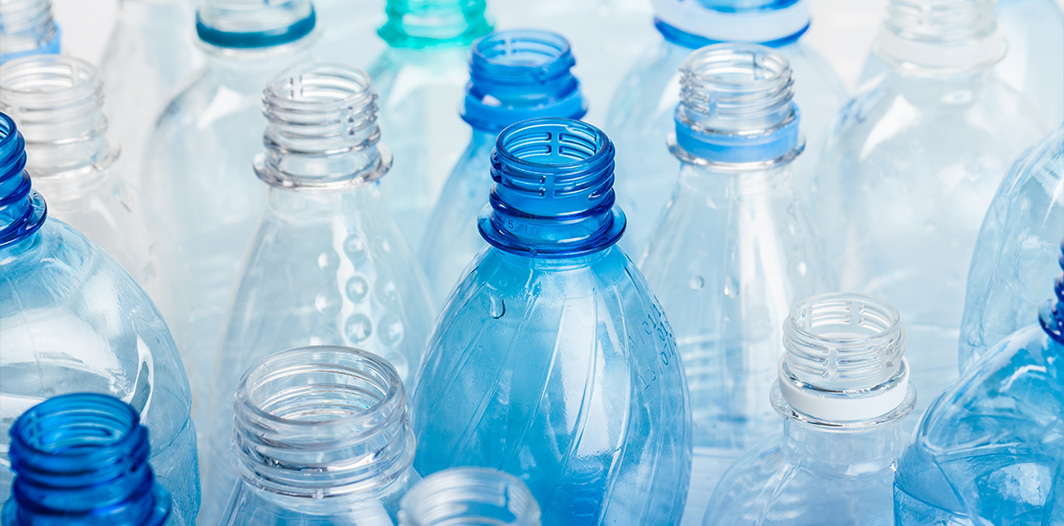Tampa, Florida, Plastic Regulations

Tampa is the third-largest city in Florida. It’s a major business center, and as part of the Tampa Bay Area, it also offers respite to thousands of tourists every year. Tampa Bay has wonderful nature and wildlife areas and is also home to Florida’s official marine mammal—the graceful manatee.
Like many other cities, Tampa suffers from the effects of plastic pollution. Plastic harms Tampa’s natural environment, its wildlife—including manatees, who are falling prey to plastics—and its people.
Learn more about single-use plastic regulations in Florida and recycling initiatives in Tampa.
What to Know About Plastic Bans in Tampa Bay, Florida
Here are some key takeaways about single-use plastics and how they’re regulated in Florida.
- The State of Florida prohibits local governments from implementing single-use plastic bans.
- There is currently no plastic ban in Tampa, Florida.
- The city of Tampa Bay recently banned plastic bags from their Yard Waste Collection Program
- Many citizens in Tampa and across Florida believe single-use plastic regulations are necessary.
- The majority of single-use carryout packaging that the state collects ends up in landfills or waste-to-energy facilities. Smaller fractions get recycled.
- Cleanup groups collect hundreds of thousands of pounds of single-use plastic items in Florida every year.
What Are Single-Use Plastics and How Are They Harmful?
Most people use a single-use plastic item only once. These plastics are some of the most common types of waste found in the environment.
Items include:
- Plastic retail bags
- Plastic straws
- Beverage stirrers
- Plastic bottles and caps
Plastics don’t really decompose—they just break up into small pieces over time, eventually becoming microplastics. While they linger, they pollute oceans, overwhelm landfills, kill wildlife, and harm human health. A 2021 study found that people inhale and ingest hundreds of thousands of microplastics every year, which can lead to heart attacks, strokes, and even premature deaths.
Is There a Tampa, Florida, Plastic Bag Ban?
In 2020, the Tampa City Council passed a resolution supporting the restriction of Styrofoam and single-use plastics on city properties. However, there are no public bans on plastic bags or other single-use plastic items because such bans are illegal. In 2008, state lawmakers passed a preemption bill that prohibits local governments from banning, taxing, or limiting single-use plastics.
Although there is no Tampa, Florida, plastic legislation, the city keeps waste out of the land and rivers through recycling initiatives. Tampa has a voluntary curbside recycling program that collects recyclable items once a week. However, this program does not accept Styrofoam items, plastic bags, or plasticware (single-use cups, cutlery, and straws).
Tampa also partnered with other local governments to form Tampa Bay Recycles, an initiative to improve recycling efforts throughout the region. The initiative encourages residents to use reusable bags instead of plastic ones when shopping and to drop off used plastic bags at allocated retailers for recycling. If residents cannot drop bags off, they should throw them in the garbage to be burnt at waste-to-energy facilities.
Community Initiatives
Environmental activists argue that polystyrene and single-use plastics are the majority of items cleanup groups collect during beach, park, and waterway cleanups in Florida. The International Coastal Cleanup and Great American Cleanup collects hundreds of thousands of pounds of these items each year.
To address this issue, many residents want the state to give city councils the power to implement plastic bans. In fact, a 2021 poll by the Florida Department of Environmental Protection found that more than 90% of Florida residents believe single-use plastic regulations are necessary. Residents and businesses are joining movements like Plastic Free Florida to advocate for meaningful local legislation that will address foam and plastic pollution.
Read More About Florida’s Plastic Regulations >>
How Greenprint Can Help
Tampa Bay businesses in the foodservice industry can help mitigate single-use plastic pollution by offering takeout food in environmentally friendly containers. Greenprint offers an array of certified products — from straws to clamshells. If you want to know more about our eco-friendly packaging solutions, contact our team online.
References
- https://www.tampa.gov/solid-waste/programs/recycling-and-waste-reduction/residential/yard-waste-collection
- https://floridadep.gov/sites/default/files/FDEP%20Plastic%20Bag%20Report%20Final%20v4.pdf
- https://pubs.acs.org/doi/10.1021/acs.est.0c07384
- https://www.scientificamerican.com/article/microplastics-linked-to-heart-attack-stroke-and-death/
- https://www.tampa.gov/news/tampa-city-council-passes-resolution-supporting-restriction-single-use-plastics-and-styrofoam
- https://www.tampa.gov/document/recycling-brochure-digital-14651
- https://tampabayrecycles.org/
- https://environmentamerica.org/florida/articles/new-florida-legislation-would-restrict-local-plastic-bag-bans/





